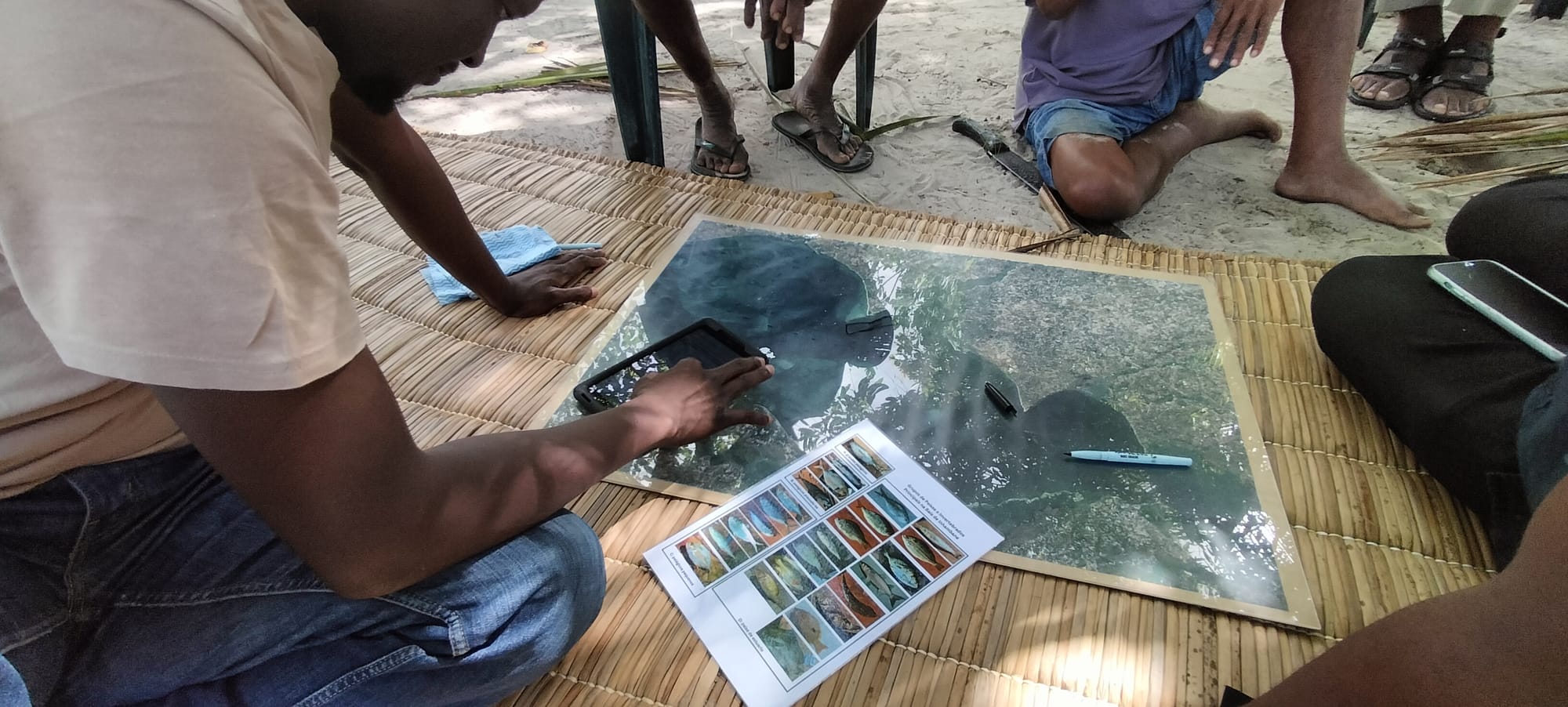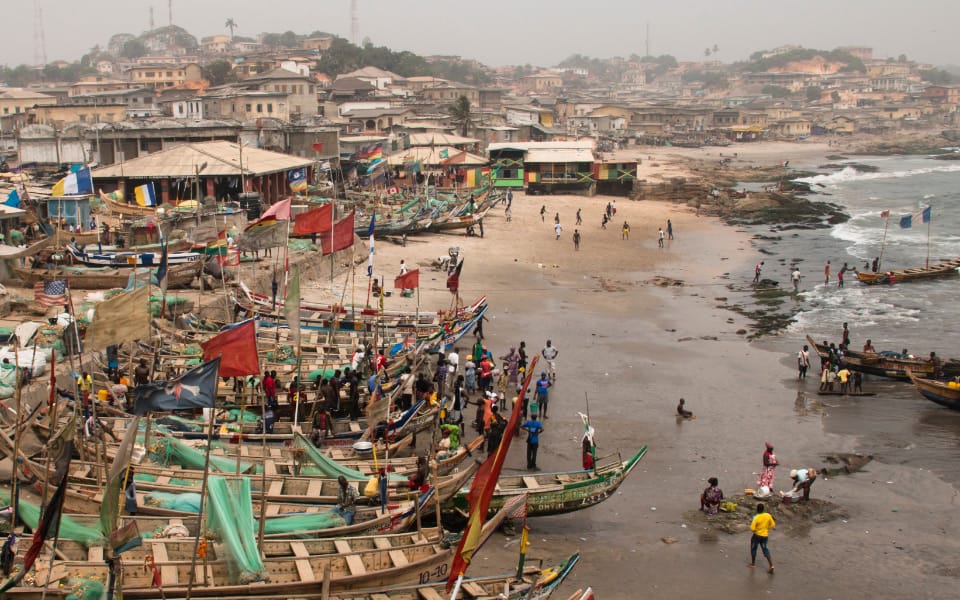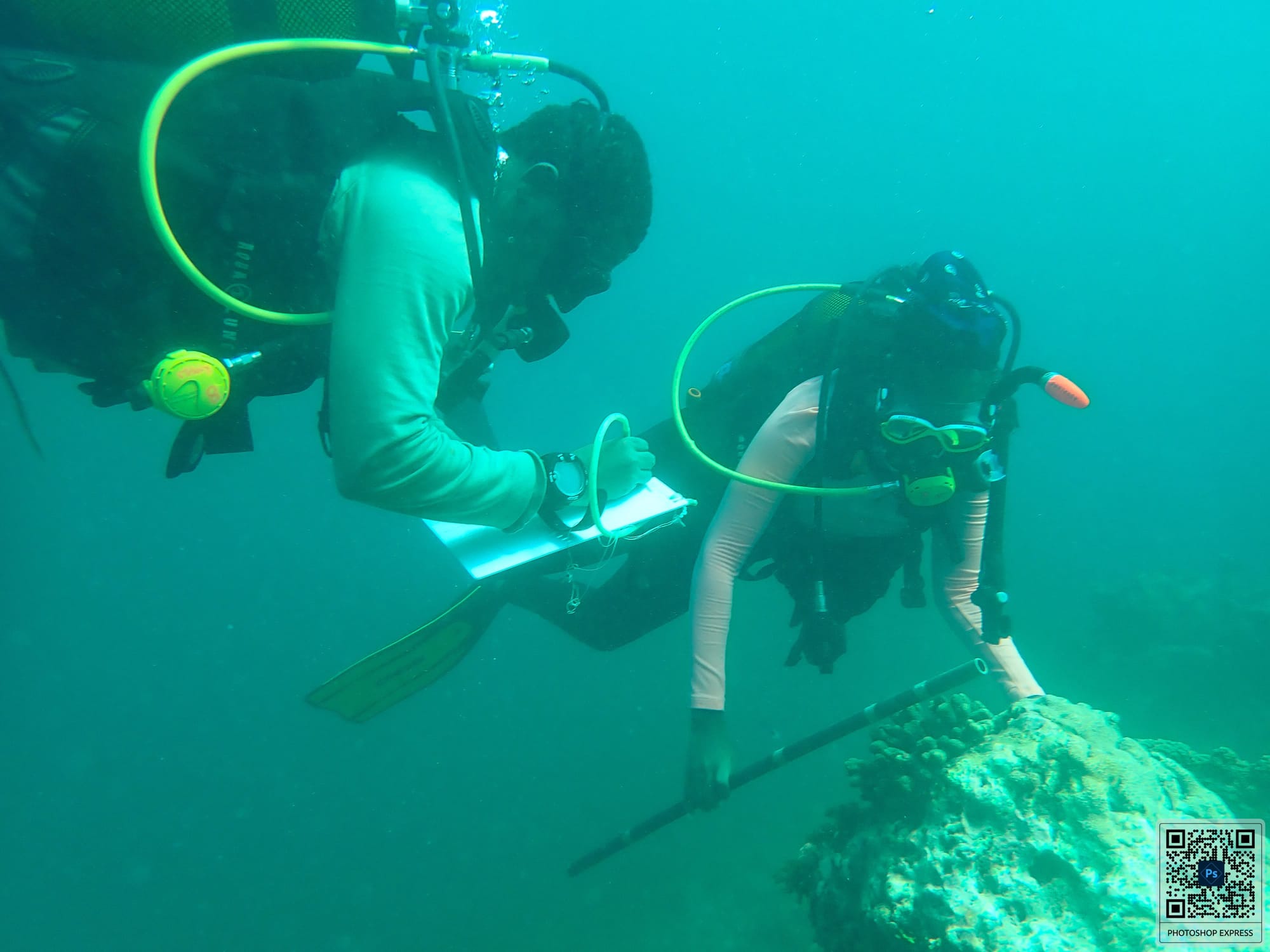
Social Accounts Working Group
The Social Account Working Group was established in 2024 to ensure that social, cultural and equity considerations are integrated into ocean accounting
Learn More

This report outlines a social data audit methodology which can be used as a first step in compiling social data within the ocean accounting framework.
This report outlines a social data audit methodology which can be used as a first step in compiling social data within the ocean accounting framework. The approach serves as a practical tool that statistical agencies, researchers, and government departments can adapt and apply to evaluate social data availability in their own national contexts. Rather than requiring expensive primary data collection in the first instance, this approach demonstrates how to systematically identify, assess, and operationalise existing data sources for Ocean Accounts.
The report applies this social data audit methodology to examine the data available in eight countries to understand how well existing national data systems can support the integration of social data into Ocean Accounts. Through analysis of government datasets from the eight countries at different stages of Ocean accounting development (Mozambique, Belize, Vanuatu, Costa Rica, Fiji, Madagascar, Sri Lanka, and the Maldives), we assess the availability and suitability of social data for integrating the human dimension into ocean accounting frameworks.
Ocean Accounts represent a critical evolution in how nations measure and manage their marine resources, moving beyond traditional economic indicators to capture the full value of ocean ecosystems. This approach is gaining momentum globally, with 19 countries having signed a pledge to advance Ocean Accounts for ocean sustainable development by 2030. However, most existing Ocean Accounts have focused primarily on economic and environmental data, systematically overlooking the human dimension. This is significant for the 3 billion people who rely on seafood for protein and the 600 million sustained by fishing and aquaculture.1 The absence of social data means their experiences, needs, knowledge and contributions to ocean health and the ocean economy remain invisible in decision-making processes.
By demonstrating that adequate social data already exists within national statistical systems, this report addresses a major barrier to implementing comprehensive Ocean Accounts. The findings partially counter the common assumption that incorporating social data requires costly new data collection programs that could delay or prevent implementation.
This report is designed for:
1 FAO. 2024. The State of World Fisheries and Aquaculture 2024 – Blue Transformation in action
Leveraging national social data for Ocean Accounts
Authors: Rachel E Thoms, Rebecca J Shellock, Philip AS James

The Social Account Working Group was established in 2024 to ensure that social, cultural and equity considerations are integrated into ocean accounting
Learn More

Social Accounts are the outputs of capturing, analysing, and reporting of data related to the social, cultural and equity dimensions of the human-ocean relationship within the Ocean Accounts framework.
Learn More

Learn More